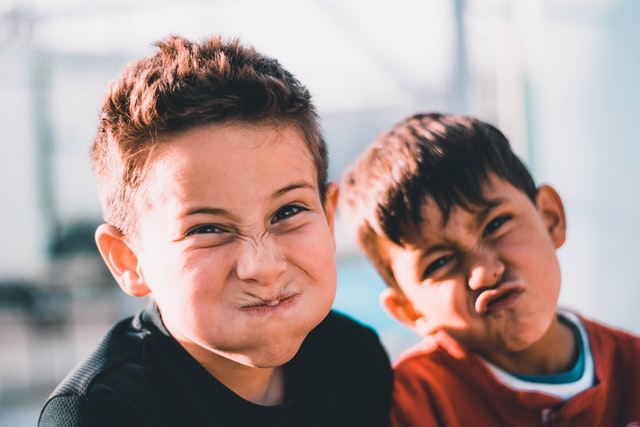
The pandemic has led to a surge in anxiety and depression amongst people of all ages. Our daily routine has changed and even simple tasks like buying groceries have become a lot more complicated. As we spent days and months away from friends and family, all of us have suffered in different ways, and children are not left behind. They have seen their parents worried and many children have lost their loved ones. This is one of the reasons children are feeling stress and anxiety.
As parents, watching your child exhibit symptoms of anxiety could feel distressing. You try to make their childhood joyful and carefree all the time but even in loving households, anxiety can come up. If you think your child is feeling anxious, you need to understand that they are not alone. The first step is to identify the signs of anxiety and then try to help them. Always take one day at a time.
Difference between worry and anxiety
There is a huge difference between worry and anxiety and this difference lies in proportion. If the child is suffering from anxiety, they will be overwhelmed by immense fear that does not match the situation. There are different fears that can affect the child in unique ways and they will be elevated straight from worry to anxiety.
Common childhood concerns
Children often worry about a lot of things and the worries and concerns will be different for kids of different ages. Some common situations include challenging tasks, new situations, and unfamiliar people. They lead to anxiety and fear in children from time to time. Some age-appropriate fears are:
- Fear of insects, monsters, animals, and dark in the case of preschoolers.
- Stranger anxiety in kids around the age of 3.
- Fear of storms or heights in school-aged children.
- Concerns and worry about friends and school in older school-age children.
It is normal for all kids to have such fears and they will lessen on their own as the child grows older. It will take more than occasional anxiety to identify the true symptoms of anxiety disorder.
Signs of anxiety in children
It is important to remember that each child is different but the signs of anxiety in children are very similar. You will be able to notice the symptoms emotionally and physically. If your child often asks the same questions and requires constant reassurance about the same fear and if your answers do not give them relief, it is a sign of anxiety. Further, if the child is having trouble sleeping and shows signs of regression, it is a symptom. You may also notice the symptoms in the form of bad behavior like refusing to respond to parents or throwing temper tantrums.
When you notice your child showing these signs, you should pay attention to the situation and understand the frequency, severity, and intensity of the reactions. It could be something simple like the fear of dogs because a dog once barked on her in the street or it could be the fear of separation from the parents when heading to school. It is very important to understand the reason for the reaction.
Help your child with anxiety
It is very important to get to the root cause of the problem and the resulting behavior. Try to identify when they show such behavior. Is it when visiting a friend, is it when heading to school? Do they react this way only before bed or are they afraid of the dark? You should know when and where this behavior happens. It will help understand the reason behind the reaction.
Anxiety disorders can be treated and if you notice that it is interfering with the normal daily activities of your child, you need to speak to a professional expert. If your child is school-aged, you can contact the school guidance counselor who will offer support and advice or consider a residential treatment center. You should keep in mind that girls experience twice the anxiety as boys and it will grow worse if left untreated. Do not ignore any signs of anxiety in children and try to connect with them in any way possible if you notice recurring symptoms.
If you notice prolonged signs of anxiety, it is best to seek professional help. Do not compare your child to anyone else because that can make them feel worse about the situation. Remember that anxiety is a very normal part of the development and as parents, it is your job to help your child in every manner possible. Do not panic and do not blame your child for anything. Support them, and always lend them an ear. Let them talk and discuss why they feel the way they do. The best you can do is support them in situations that overwhelm them.
